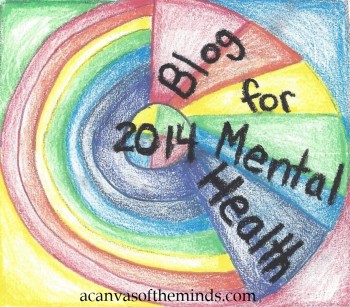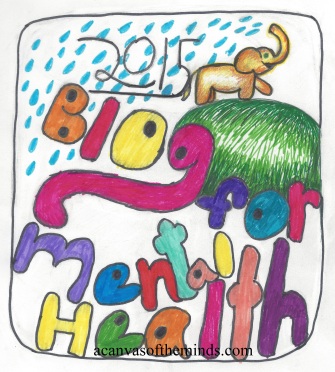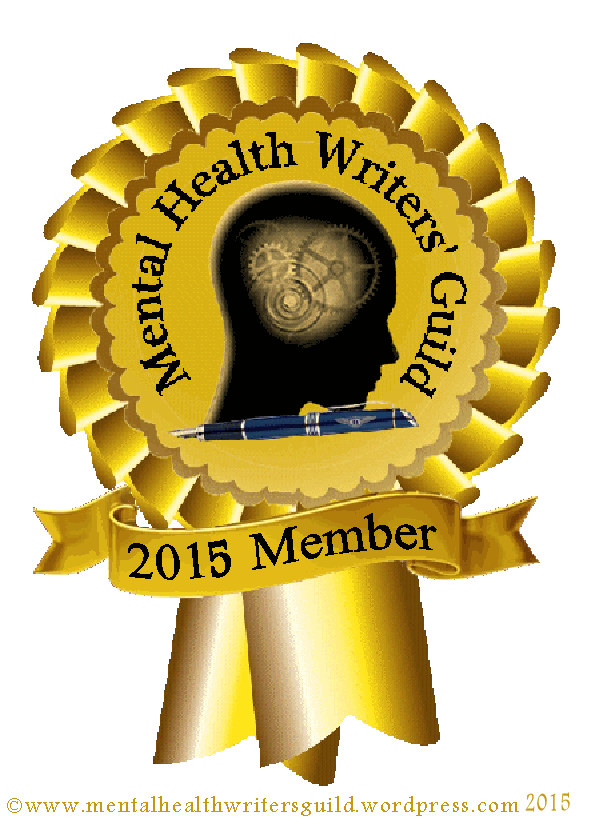I’m all into social pain right now. I mean, not experiencing social pain. I’m not masochistic or anything. At least I don’t think I am. Actually, maybe I am, based on my relationship history. But that’s beside the point.
Let me start over. I’m reading this book on Social Pain, and it is really fascinating. Probably not something you would be interested in reading unless you enjoy learning about brain research, so I’ll just tell you about it, since that’s what I do.
It turns out that social pain–things like rejection, bullying, loss, and separation–registers in the same parts of the brain where we register physical pain. So some researchers thought, hey, I wonder if pain relievers might help people who are experiencing social pain? So they gave people Tylenol for 3 weeks and it turns out that it works! How cool is that?
The other thing that I learned is that we can relive social pain but not physical pain. Which is so true. I hurt my knee 2 months ago playing tennis, and I remember being in pain, but I don’t re-experience the pain when I remember it. But I can remember how rejected I felt when my tennis partner broke up with me because we didn’t win enough.
That’s the other major difference. I take social pain more personally. I felt humiliated by the whole thing. It’s hard to talk to that person now. The rejection is always there, hovering between us. And it has undermined my confidence in my game.
It turns out that social pain hurts so deeply because in our ancestral history, being accepted by your group meant that you would be taken care of. Being an outcast meant that they might tell you to wait in the cave while they go out to hunt and gather and never come back to get you. So being accepted was actually a matter of life or death.
Which is why people are more afraid of public speaking than they are of death. Because speaking in front of others could result in humiliation and rejection, which can feel like death. More so than actual death, apparently.
I guess that’s why I didn’t have to practice compassion when my knee was hurting. I would ice it and take ibuprofen and try not to play. And I’d sort of be pissed off at myself when I played and reinjured it, but I didn’t really beat myself up over it.
Actually, now that I’m writing this, I realize that I haven’t practiced self-compassion over the tennis breakup. So I guess I’ll do it now.
It hurts to be rejected. Everyone feels hurt when they’re rejected. That’s how our brains work. At some point, it will stop hurting, and I will be here with you until it does. In the mean time, I want you to think about something else, because I don’t want you to suffer unnecessarily.
I guess I’ll see if that helps. Maybe I’ll kick ass in tennis tomorrow night.







Very interesting stuff. That Tylenol study is intriguing. Wonder if someone will look at the issue in more detail.
LikeLiked by 1 person
Though I should add I don’t think treating all social pain with Tylenol is the way to go. 🙂
LikeLiked by 1 person
It doesn’t seem like that would be an effective strategy for coping with bullying, does it?
LikeLike
Hardly. Not to mention the potential effects on the liver if overused. 🙂
LikeLiked by 1 person
Apparently the effect is specific to Tylenol and not ibuprofen for technical reasons that I’m not sure I fully understand.
LikeLiked by 1 person
Very cool, and a book now on my list (I love reading about brain research). Also might explain aspects of certain people abusing drugs and developing addiction, and if so, might help to give the general public a better understanding and analogy. Kind of like the mental illness – diabetes analogy often used. Because even though addiction is finally getting more recognition as a mental illness and not a defect of character, a disgusting proportion of people still think addicts are sub-human scum. Just a thought.
LikeLiked by 1 person
Just read your comment on the specificity of Tylenol. I imagine researchers didn’t test narcotic painkillers and street drugs, right? (Though Vicodin of course has acetaminophen. . .)
LikeLiked by 1 person
Actually, opiates work really well for social pain. I was just reluctant to mention it because I didn’t want to give people any justification for using narcotics. Taking Tylenol seems a lot less risky 🙂
LikeLike
I completely get that reasoning. Unfortunately Tylenol is hugely risky, more so than most people know, I think, even most doctors. I’ve taken Vicodin for my migraines since my teens, and have always been acutely aware of its risk of addiction and its risk to my liver, because I had a brilliant doctor. But one of his practice partners told me to take it for pain when my liver was so inflamed I was hospitalized the next day for viral hepatitis (was I ever pissed at her). It was reformulated last year so it now has less acetaminophen than an Extra Strength Tylenol — which I think is actually the normal strength sold, though I haven’t shopped around.
I understand and agree with your reasoning 100 %, I don’t want to undermine that. I guess I often just have more sympathy for addicts than for people who rant about the “choices” they make. Not that every case isn’t different, there are choices made, but no one ever starts out thinking, “Oh, wow, won’t it be great to destroy myself and all those who love me? I’d love to ruin my kids’ lives and end up in the gutter especially!”
(Sorry for getting ranty.)
Oh, and on the subject of painkillers, I’m not sure if you saw the recent study that all the NsAIDs are much more dangerous than previously thought, though they’re not quite sure how dangerous. But aspirin is the safest OTC you can take, relatively speaking — which speaks to how pain needs to be treated in this country (more rest and rehab, fewer pills). Just tacked that on because I imagine you often hurt a lot with tennis! (Also, you already know this, but I’m not a doctor. And since I know I have my “cause-y” voice on, I totally respect any plan you and your doctor have arrived at. Just to be clear.)
LikeLiked by 1 person
The dose that they gave in the treatment is actually 1/4 of the recommended dose. I thought about putting something in there about not abusing Tylenol but decided against it.
LikeLike
You make wise choices. It’s one of the things I like very much about you. 🙂
LikeLiked by 1 person
Probably would have been wiser if I stopped playing tennis until my knee got better 🙂
I guess now all the things I wanted to say but didn’t are in the comments, so it all worked out.
LikeLike
Very true. Some of them could be people who are more sensitive to social pain–and physical pain–than others.
LikeLike
About 36 years ago, I walked with a neighbor each morning after our children got on the bus to school. Then I got pregnant. I had morning sickness the way the Duchess of Cambridge gets morning sickness. The neighbor started walking with someone else because I was too slow. It still hurts a little bit, after all these years. She never walked with me again.
Love,
Janie
LikeLiked by 1 person
My former tennis partner never said anything directly to me so we never actually had a break up conversation.
LikeLike
Very interesting information. I am fascinated by brain research…I get a lot of my info from Psyblog. LOL 🙂
LikeLiked by 1 person
Thanks Susan! You might want to check the book out, then. You’d probably like it.
LikeLiked by 1 person
Okay. I’ll check it out. 🙂
LikeLiked by 1 person
Insightful! I was intrigued by the part that our social pain hurts so deeply because in our ancestral history – where being accepted was actually a matter of life or death. I recently read or heard something about ancestral energy imprints for lack and struggles that are passed down through the generations. “Carrying so much baggage” is taking on a whole new meaning. 😉
LikeLiked by 1 person
Thanks Kate! I think we carry a lot more baggage than we realize.
LikeLiked by 1 person
Hmmm. I went to see if they have this book in our library. They don’t yet. One copy of “What a blessing she had chloroform, six seasons of Royal Pains on DVD, and all the Thomas Paine you could want though.
LikeLike
Why did she need the chloroform?
LikeLike